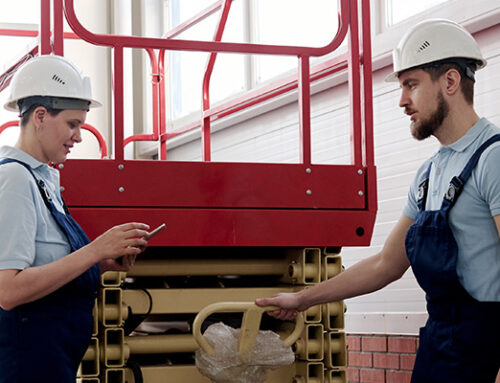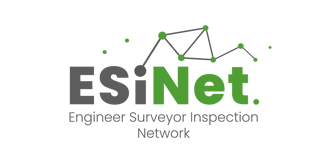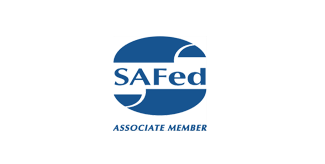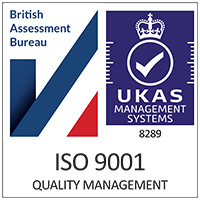Health and safety regulations are in place not only to protect workers, but also to reduce operational risks and ensure the long-term viability of businesses. When organisations fail to meet their responsibilities under legislation such as LOLER, PUWER, PSSR and COSHH, the consequences can be severe — both legally and financially.
In this article, we look at what non-compliance really costs, including potential fines, prosecution, and reputational damage under key UK workplace safety regulations.
LOLER – Lifting Operations and Lifting Equipment Regulations 1998
LOLER requires that lifting equipment is thoroughly examined, properly maintained, and operated safely.
What happens if you don’t comply?
-
Fines for non-compliance can range from £10,000 to several hundred thousand pounds, depending on the risk and outcome.
-
In serious cases, such as where injuries occur due to faulty lifting equipment, directors and managers can face prosecution and even imprisonment.
-
Businesses may also face enforcement notices, halting operations until issues are resolved.
Case example: A construction company was fined £120,000 when a worker was injured due to an unexamined lifting accessory that failed during a lift.
PUWER – Provision and Use of Work Equipment Regulations 1998
PUWER places duties on employers to ensure that all equipment used at work is safe, maintained, and used by trained individuals.
Consequences of ignoring PUWER
-
Equipment-related injuries resulting from poor maintenance or lack of training can lead to HSE investigations and fines.
-
Organisations have faced fines exceeding £100,000 for failures to properly maintain or assess risks with dangerous machinery.
-
PUWER breaches can also invalidate insurance policies, exposing companies to further financial liability.
Did you know? Failure to carry out proper PUWER inspections can also result in prosecution under the Health and Safety at Work etc. Act 1974.
PSSR – Pressure Systems Safety Regulations 2000
PSSR requires that pressure systems are operated safely, and that they are subject to a Written Scheme of Examination and regular inspections.
Risks of non-compliance
-
Pressure equipment failures can have catastrophic consequences, including explosions.
-
Companies failing to comply with PSSR have been fined up to £200,000.
-
Individuals found responsible can also be prosecuted if they have failed to ensure systems were safe.
Real-world example: A manufacturing firm was fined after a pressure vessel exploded due to lack of inspection, resulting in major injuries.
COSHH – Control of Substances Hazardous to Health Regulations 2002
COSHH ensures that substances hazardous to health are properly assessed, controlled, and monitored.
What can go wrong?
-
Failure to implement COSHH can lead to chronic illness among workers, such as respiratory conditions, dermatitis, or worse.
-
Fines for serious breaches can exceed £300,000, especially when exposure leads to long-term harm.
-
Repeated or deliberate failures may result in custodial sentences for directors.
Example: A cleaning company was fined £80,000 after an employee developed chemical burns from improper handling of disinfectants without PPE or a proper COSHH assessment.
Reputational and Operational Costs
Beyond fines and legal action, non-compliance can also lead to:
-
Damaged reputation with clients, partners, and regulators
-
Increased insurance premiums
-
Loss of business opportunities
-
Operational delays due to enforcement action or investigations
In some cases, the financial fallout and loss of trust can cause lasting harm that is far more costly than the original fine.
How SIS Ltd Can Help You Stay Compliant
At SIS Ltd, we help businesses avoid the steep costs of non-compliance by providing:
-
Thorough LOLER, PUWER, PSSR and COSHH inspections
-
Practical guidance tailored to your operations
-
Support with documentation, risk assessments, and Written Schemes of Examination
Investing in compliance isn’t just about avoiding penalties — it’s about protecting your people, your business, and your future.











